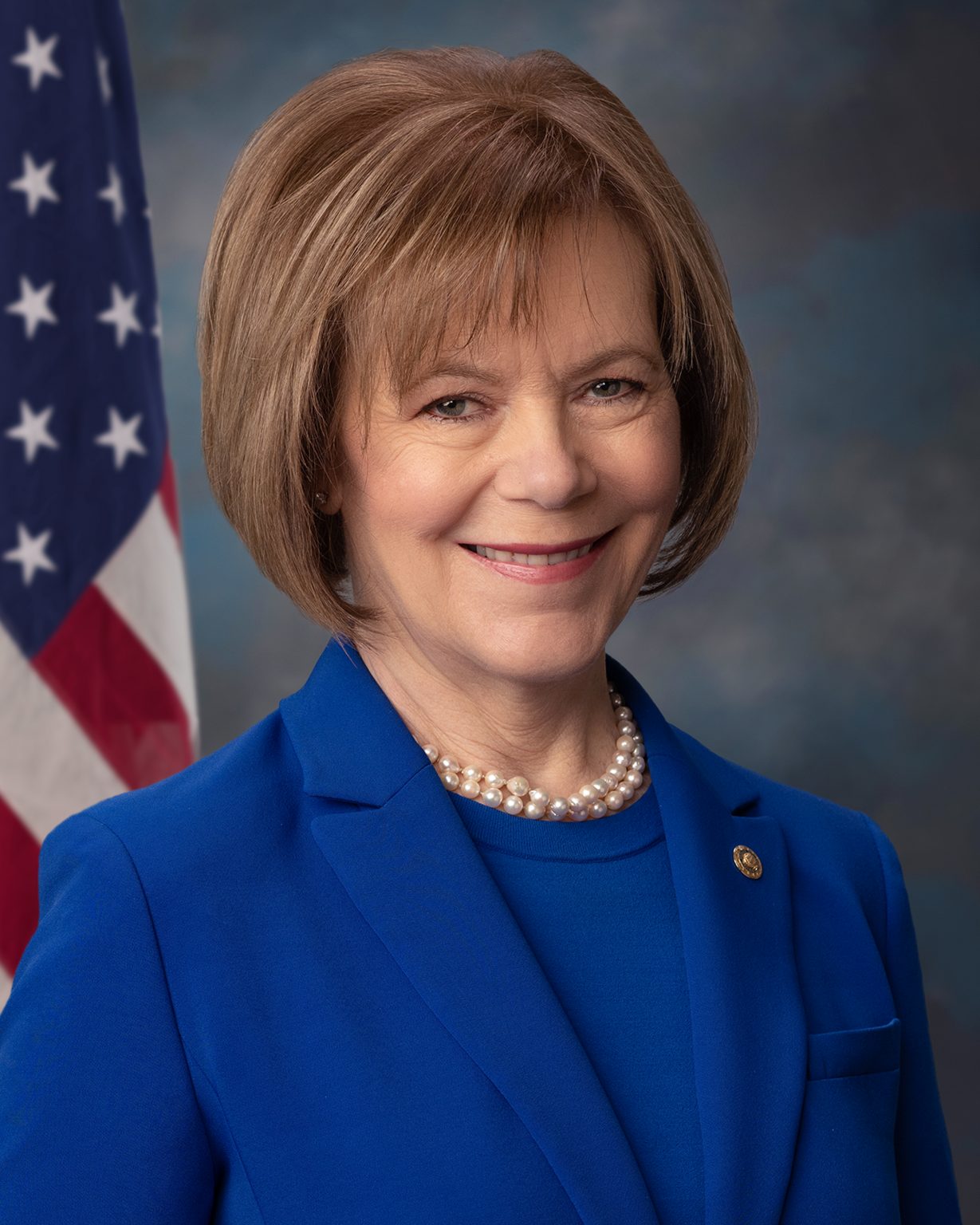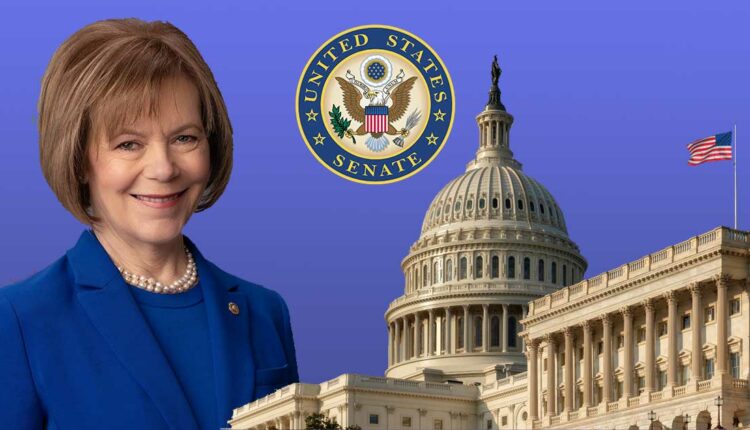Submitted by U.S. Senator Tina Smith 
One of the best parts of my job is traveling around the state to talk to Minnesotans about what they care about and the issues impacting them. A top priority this year has been discussing the upcoming Farm Bill. My staff and I have had conversations with dozens of stakeholders, including farmers, researchers, co-ops, Native and Tribal communities, and other farmers and producers of color to ensure the next Farm Bill works for everyone.
Native and Tribal communities face persistent inequities in nutrition and the agriculture sector, and the Farm Bill is the best opportunity this year to address them. As a member of both the Senate Indian Affairs and Agriculture committees, I have a unique opportunity to help lead the next Farm Bill so it works for your communities. It is critical that we include the priorities and voices of Native American producers and Tribal governments in the decision-making process. Native communities across the nation face unique challenges in the agriculture sector and it is our responsibility in Congress to address these disparities by providing meaningful support for Tribal agricultural programs.
Food is medicine, and it’s also a central part of cultural heritage. For Ojibwe people, wild rice, or manoomin, is a part of your origin story and an essential way to feed your people. I have heard from the Leech Lake Band and many others about the importance of protecting wild rice and water resources in the upcoming Farm Bill. I am fighting back against proposals that would hurt Tribes, like cuts to food programs and the proposal to make wild rice a specialty crop. Tribes must always be in the driver’s seat when it comes to wild rice, but this proposal disregarded them. I’m working to support Tribes’ efforts to make Indigenous food accessible to Tribal members by expanding food sovereignty and self-governance opportunities in the next Farm Bill.
Congress passes a new Farm Bill every five years. It’s important legislation that funds and sets the policy on a wide variety of programs ranging from nutrition and agriculture to conservation and forestry. It also supports Tribal colleges by providing funding for agricultural education, research, scholarships, and rural development initiatives. This bill touches the lives of every American and is vital to our state and Tribal economies. But it hasn’t always been equitable or fair. We’re working to change that with the creation of a ‘Native Farm Bill.’
I am working in Congress to create the ‘Native Farm Bill,’ a collection of policy proposals that collectively would mean real progress throughout the Farm Bill for Native and Tribal communities. This package will include everything from self-governance expansion to making it easier to access federal agricultural programs on trust land.
Tribal sovereignty and self-governance are at the center of this work. New opportunities for self-governance are the biggest priority for Indian Country; they would allow Tribal Nations to administer federal programs within their own communities. This model has proven itself to be very successful in health care and Tribal programs through the Bureau of Indian Affairs. In 2018, the Farm Bill included the first ever self-governance expansion at the USDA for food distribution and wildfire management. These policies proved that it’s time for broader self-governance expansion at USDA.
Self-governance policies are important because they make federal dollars work better to address the unique needs of Tribal communities. The Farm Bill gives us the chance to expand self-governance at USDA to include the Supplemental Nutrition Assistance Program (SNAP), food distribution program, forestry, conservation, and meat processing. Expanding self-governance at USDA will mean that Tribal Nations can build food systems to address food insecurity, increase access to Indigenous foods, use Indigenous knowledge for forest management and conservation and support strong Tribal economies.
The Farm Bill presents us with an opportunity to rectify historical injustices, address disparities, support the self-determination of Native American producers and the sovereignty of Tribal governments. By working with Native and Tribal leaders, we can ensure the next Farm Bill empowers Tribal governments to develop and implement sustainable agricultural strategies that align with their unique needs and priorities. Together, we are forging a path towards a more just, equitable, and inclusive agricultural landscape that benefits us all. Now is the time to seize the moment and work collaboratively to ensure that the upcoming Farm Bill is the best one yet and reflects the needs of our Native and Tribal communities.

